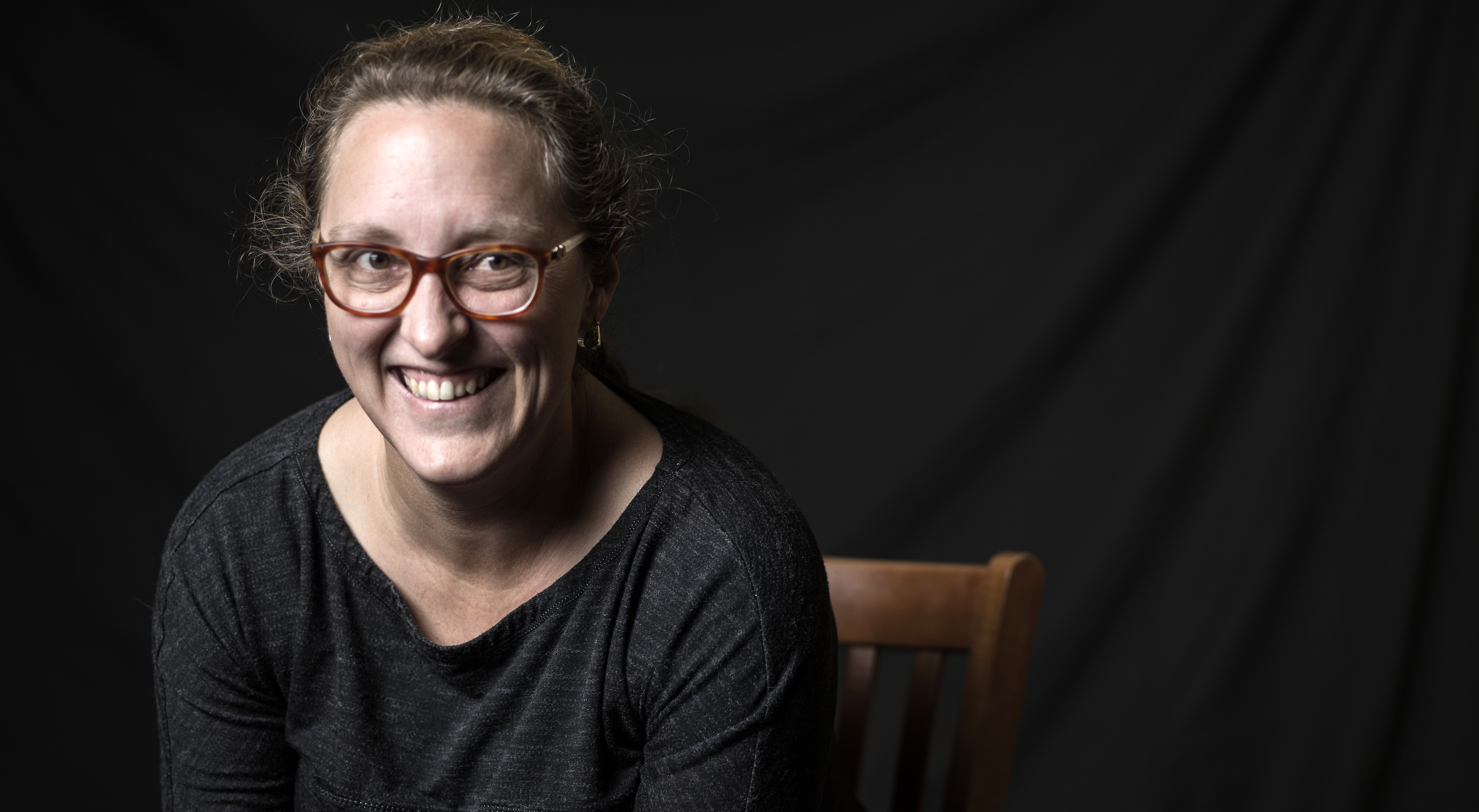
Rebecca Christofferson Sheds Light on Virus Transmission Through Mosquito Research
-
Content Provided by our sponsor: TEDxLSU.![]()

Rebecca Christofferson, Assistant Professor of Pathobiological Sciences with the Vector-borne Disease Laboratories at the LSU School of Veterinary Medicine and TEDxLSU 2018 speaker, investigates potentially deadly viruses transmitted through mosquitoes.
Much of Christofferson’s research focuses on how and when mosquitoes carry viruses to uncover the patterns that dictate why and when humans get sick. She is a leading researcher on the Zika virus, which has spread to more than 60 countries in South and Central America, as well as the United States. In 2016, Rebecca was awarded a $1.2 million grant from the National Institute of General Medical Sciences/National Institutes of Health to study the transmission of the Zika and chikungunya viruses.
|
|
We recently chatted with Rebecca to discuss her life and work. Read some of the highlights of the conversation below.
Why do you study mosquitoes?
I like mosquito-borne diseases because I like puzzles. When you add an environment or a vector, which are mosquitoes, it increases the level of engagement you must have. I find it stimulating.
What’s the relationship like between humans and mosquitoes?
The relationship between humans and mosquitoes is love-hate. Everybody hates mosquitoes because they bite, but they’re an integral part of the food web. Birds and bats eat them. In the larval stage, some fish eat them. I love them for job security, so I talk nice to them as much as possible. In developing nations, where a lot of neglected tropical diseases that I work on are transmitted, there isn’t much infrastructure to dampen transmission. In those areas mosquitoes are less of a nuisance and more of a public health problem.
What’s something people would be surprised to know about you?
The mosquitoes that I study like to breed in graveyards, and I like graveyards. My family is from Opelousas, Louisiana, where I spent most of my childhood with my grandparents. My grandma’s yard shared a fence with the St. Landry Parish graveyard. It’s got all these big mausoleum-type graves, and my brother and I would go play there. When we started bringing friends, we found out that was weird. The graveyard dates back to the 1700s, so it’s cool to think about all the people there and their stories. My grandma would regale us with these, I’m sure fictional, tales of people. But we were enthralled still.
What’s your alternate reality career?
I like to tell stories, so at one point I envisioned myself as a novelist — but as you see I am not doing that.
What’s a common misconception about mosquitoes?
A common misconception about mosquitoes is that they’re useless. They are not useless. In addition to feeding birds and bats, they actually are pollinators. The males only drink nectar from flowers. The females, when they’re not trying to produce eggs, also have a role in pollination. I’d argue they are a vital part of the food web and important to their ecosystems.
What virus interests you the most?
African Swine Fever is my favorite because it’s a DNA virus that can be transmitted by ticks, but I don’t study it because it’s a level-four pathogen. These viruses are carried by fomites, or pigs and wild boars. They can be transmitted directly, so it’s like transmission system upon transmission system upon transmission system, which makes it the ultimate puzzle.
Which virus that you study is your favorite?
My favorite virus that I work on is Zika, because it’s easy to work with because it infects mosquitoes well. But my favorite virus to say is O’nyong’nyong — which is a virus primarily in Africa that can cause prolonged arthritis.
If you could switch jobs with another TEDxLSU speaker, who would it be and why?
I think it would be Helen Gillet because my dad is an upright bass player, and I grew up with jazz. When other kids were listening to 90s grunge, I was listening to Bill Evans, John Coltrane, Stan Getz, Charlie Byrd. I’d like to give that a day. I’m sure everybody would push me back and be like, “No, go back to mosquitoes.” Graveyard fun fact: Bill Evans is buried in Roselawn Cemetery here in Baton Rouge.
What can communities learn from your research?
If my research were to be 100 percent successful, I will have informed people that when you urbanize Burbank in Baton Rouge or an African city, you have to take a macro approach. You have to look at the environment. How will that impact the health of the people you’re trying to bring into these regions? There’s a buzzword, One Health, which says that you can’t have human health unless you take care of animal and environmental health. This concept is 100% accurate and in order to protect our (human) health, we have to be good stewards of the planet.
To learn more about Rebecca or about TEDxLSU 2018, follow TEDxLSU on Facebook, Twitter, and Instagram. Reserve your seat now to listen to her talk, as well as the talks of all of the other TEDxLSU 2018 speakers.
|
|
|
